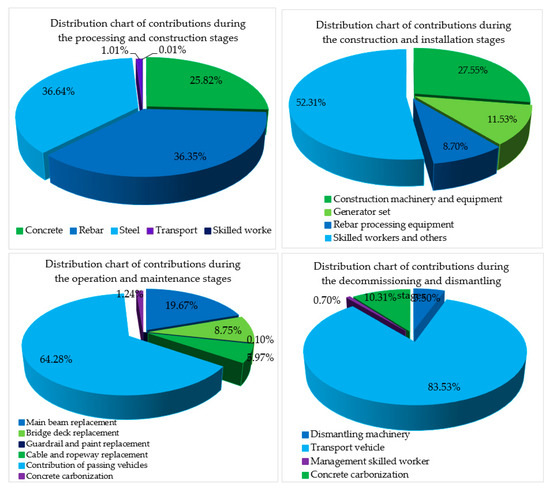

In Sweden, the construction and real estate sectors account for 18% of the country’s greenhouse gas emissions and it will, therefore, be mandatory from 2022 to provide climate declarations for newly constructed buildings. To assess greenhouse gas emissions, the use of life cycle assessment (LCA) methods to assess the climate change potential has increased in the construction and real estate sectors. This goal will be fulfilled by lowering the emissions of all greenhouse gases and climate compensating for the remaining emissions. The EU aims to be the first net climate-neutral continent by 2050.

With the construction and real estate sectors having been found to be among the greatest contributors to greenhouse gas emissions, there is potential for improvement in these sectors. The emission of greenhouse gas has a potential impact to change our climate. The European Commission has published a “Renovation wave” strategy to boost renovation throughout the European Union (EU) as part of a larger strategy to reduce energy use and greenhouse gas emissions from the building sector. When uncertainties are considered, there are no overlaps in the results when carrying out or not carrying out a renovation measure. The energy renovation measures with the largest decreases of climate change potential are also the measures with largest energy saving potential. Article HighlightsĪll assessed energy renovation measures show a decrease in their climate change potential when carried out. If a renovation measure were to have a higher level of material use, or if the “Future energy mix” were to be improved, uncertainty considerations could become much more important from a climate change perspective. However, this should not be regarded as a general conclusion. It is also shown in this study that the inclusion of the uncertainties of the input data did not have any impact on the overall decisions to renovate or not to renovate. The five renovation measures used in the simulations, with and without consideration to uncertainties, show a lower climate change potential when carried out than when not carried out. This study shows that with two different energy mixes, all renovation measures result in a decrease in the climate change potential. The uncertainty of LCI data for materials and energy were assessed using the Ecoinvent data quality system. Modules A1–A3 and module B6 were included in the assessment and the functional unit, 1 m 2 heated floor area of a renovated building fulfilling the Swedish building regulations and with a calculation period of 20 years, was used. Five energy renovation measures were assessed with regard to their climate change potential. The aim of this study is to assess the impact of the uncertainties of life cycle inventory (LCI) data for energy use and materials in life cycle assessments of standard energy renovation measures carried out in multi-family buildings in Sweden.


 0 kommentar(er)
0 kommentar(er)
